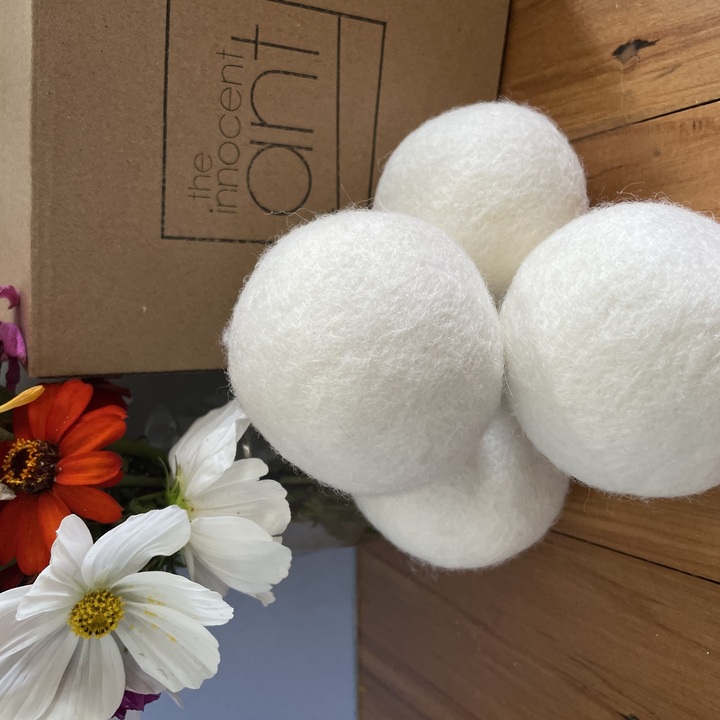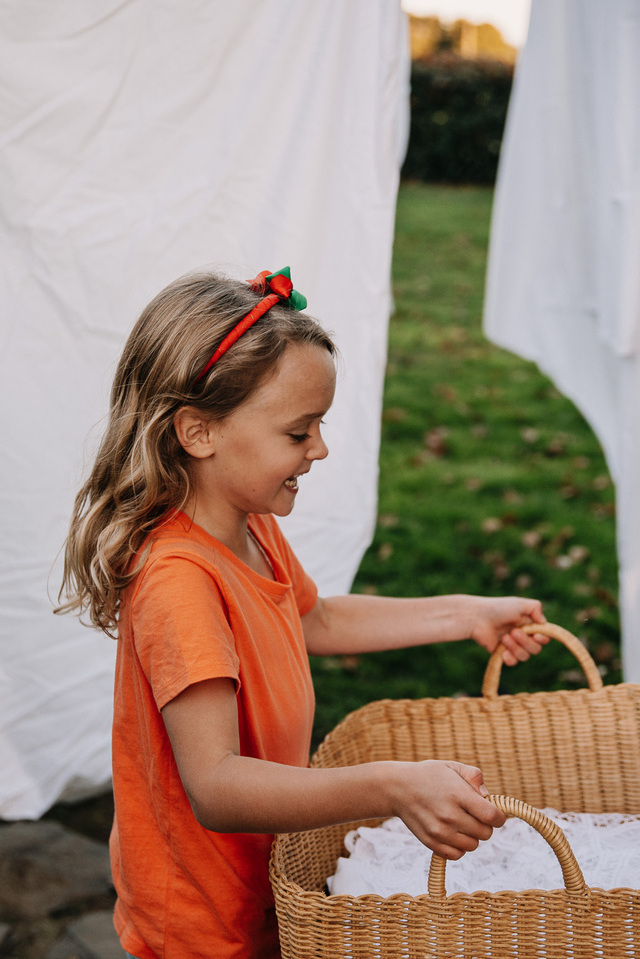Should we really be using Fabric Softener
Why do we use fabric softener?
While you may think that using fabric softener helps your clothes have you thought about what is it in and how it works?
What does it really do to the fabric of your clothing, what does it do to your skin, what does it do to your washing washing and your septic tanks or waterways it gets pumped into?
Did you know that fabric softener was first marketed in the USA? It was developed and marketed because their water was very hard. They also found their clothes had a lot of static electricity in the winter months. Fabric softener is designed to coat the fabric with a chemical thus reducing the friction between the fibres. This helps to make the fabric feel smoother and softer to the touch. The synthetic fragrance they added to cover the chemical smell of the product made people’s clothes smell nice, so they were on a money making winner.
Synthetic fragrances are made from petrol chemicals and can cause skin irritations especially in babies, children and people with eczema type skin conditions. Synthetic fragrances are now being linked to a raft of health issues.
Check out your “whites” if you are using fabric softener, your “whites” may discolour and start to look dingy over time.
While you think you may only be using fabric softener for that “one” specific wash, your washing machine will be coated with the product meaning other washes will be affected, not just the one load you thought you were using it for. So that gentle baby wash that you are so careful with is now covered on the same chemical as the towels you wanted to be soft and cuddly.
The coating of fabric softener will create a buildup in your machine that will not only start to smell over time but create areas that will grow mould. These mould spors can get into the very fabric of your clothes and can trigger allergy symptoms including sneezing, itching and runny nose. Over time with extended use of fabric softener your machine will start to go smelly with this coating build up, there is nothing worse then a smelly washing machine.
Fabric softener has been linked to the reduction of the flame retardant added to clothes such as your pyjama’s and many of your children’s clothing for safety. This can make your most comfortable pyjama’s you like to wear on a winter’s night in front of the fire or your babies clothes less safe to wear. This impacts your whole households safety.
While you think it will be okay on your towels, after all it makes them soft and fluffy, it has been proven that it reduces the moisture absorbing properties in fabrics, meaning over time they won’t dry you as good as they used to. This same problem will also effect clothing such as togs and active wear that is designed to be fast drying or have moisture-wicking properties. The fabric softener will coat the fibres of the clothing therefore not allowing them to do their job properly.
On doing research for this piece, I came across the Martha Stuart website. On there they had list if items that you shouldn't use fabric softener on. Let me just say that the list was surprisingly long and there wasn’t many items in my house that I could actually use fabric softener for. These include such things as babies clothes, natural fibres such as cotton, linen and wool, active wear, microfibres and down filled items. For a full list you might like to visit, https://www.marthastewart.com/8008684/when-not-use-fabric-conditioner
So how can you ensure a softer wash, a gentler alternative to fabric softener?
There are a few simple, natural ways to soften your fabrics. One is white vinegar. Many would say “yuck” I don’t like the smell of white vinegar. The great thing about vinegar is that once the load of washing has been dried in the sun the smell will dissipate and you will be left with beautiful naturally cleaned clothes that you and your skin will love. The vinegar also helps to keep your washing machine cleaner, it kills mould and prevents smells.
Another way is by selecting a wash cycle that doesn’t skimp on the amount of water used in the cycle or you may even add in an extra rinse, especially heavier loads such as towels, thus ensuring all the laundry powder has been removed. Lowering the spin speed and thus not over spinning the fabric will also help as your washing does not come out of the machine as stiff and the water naturally dries leaving it feeling softer. Not over spinning also protects the fibres meaning the garment will better and last much longer.
If you want soft fluffy towels, and who doesn’t, use a clothes dryer with dryer balls. You can either run full cycle to get them dry or run a low heat cycle to fluff them up and then hang with on the line to finish drying. Check out our dryer balls if you don’t have any, you won’t regret the purchase.

If you use fabric softener for the scent you could try adding essential oils to your dryer balls. Or even adding a few drops of essential oils on a clean cloth and store it with your washing in the draws or cupboard. This will give you the same effect, just without the petrol chemicals used in synthetic fragrances.
Your skin, your clothes, your washing machine, your wallet and most importantly your family appreciate the money saved by trying these alternatives to commercial fabric softener.
Posted: Monday 29 April 2024
|
© Copyright The Innocent Ant - Site Map New Zealand |

